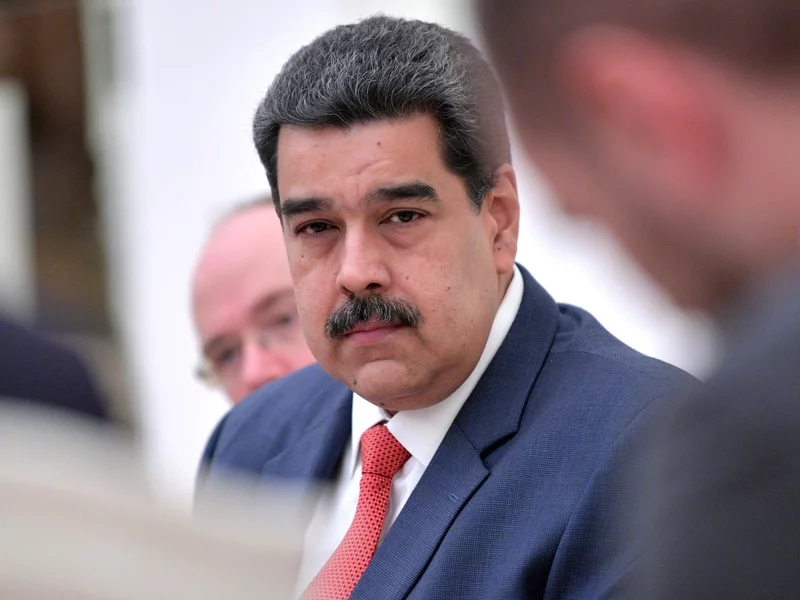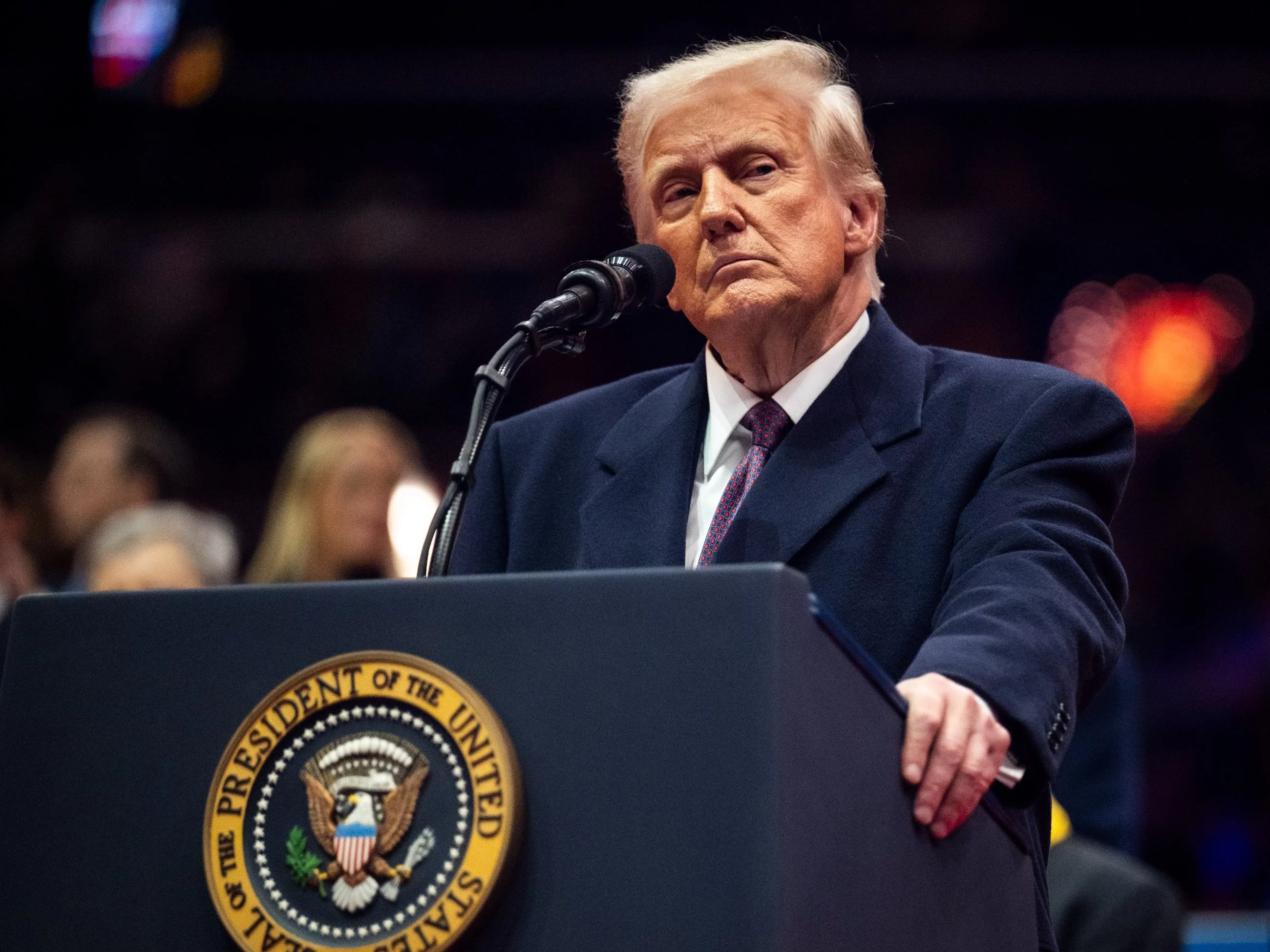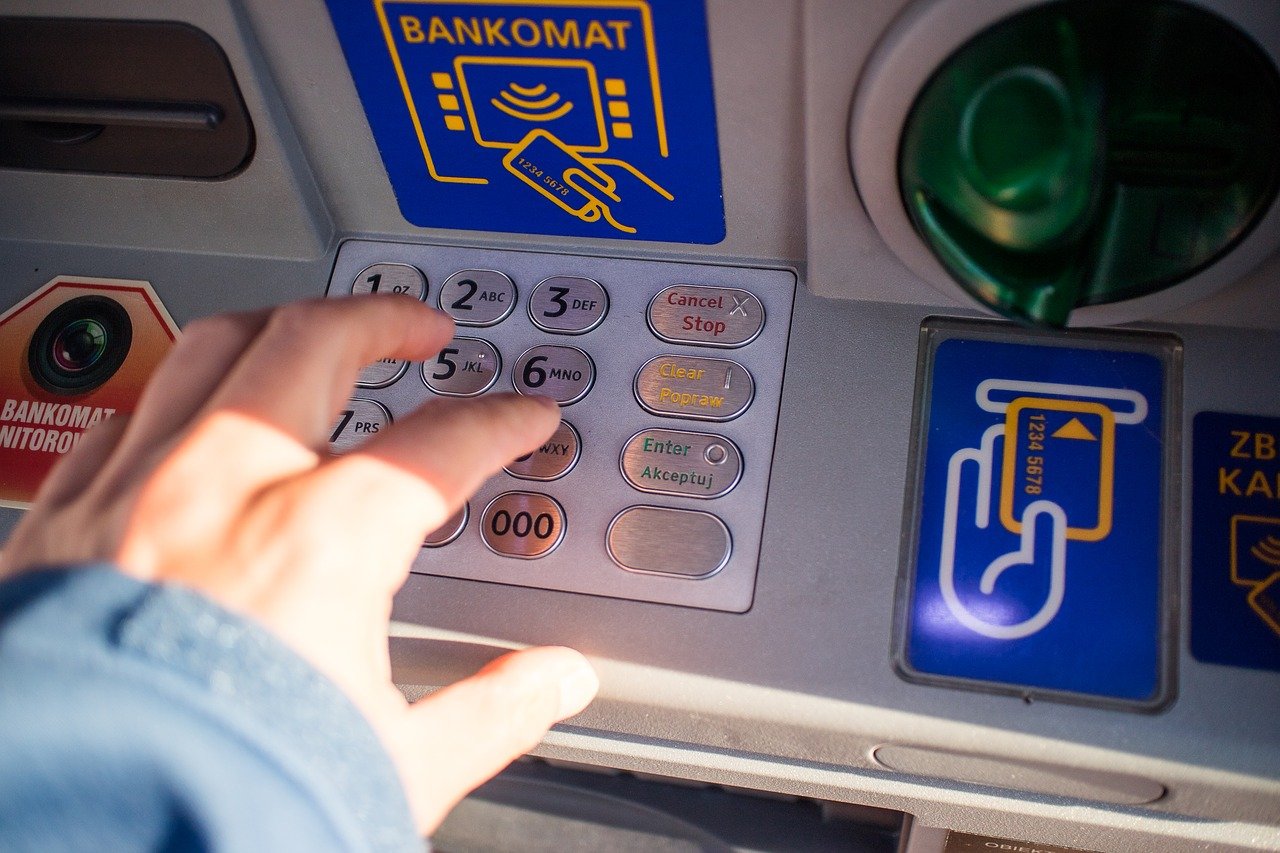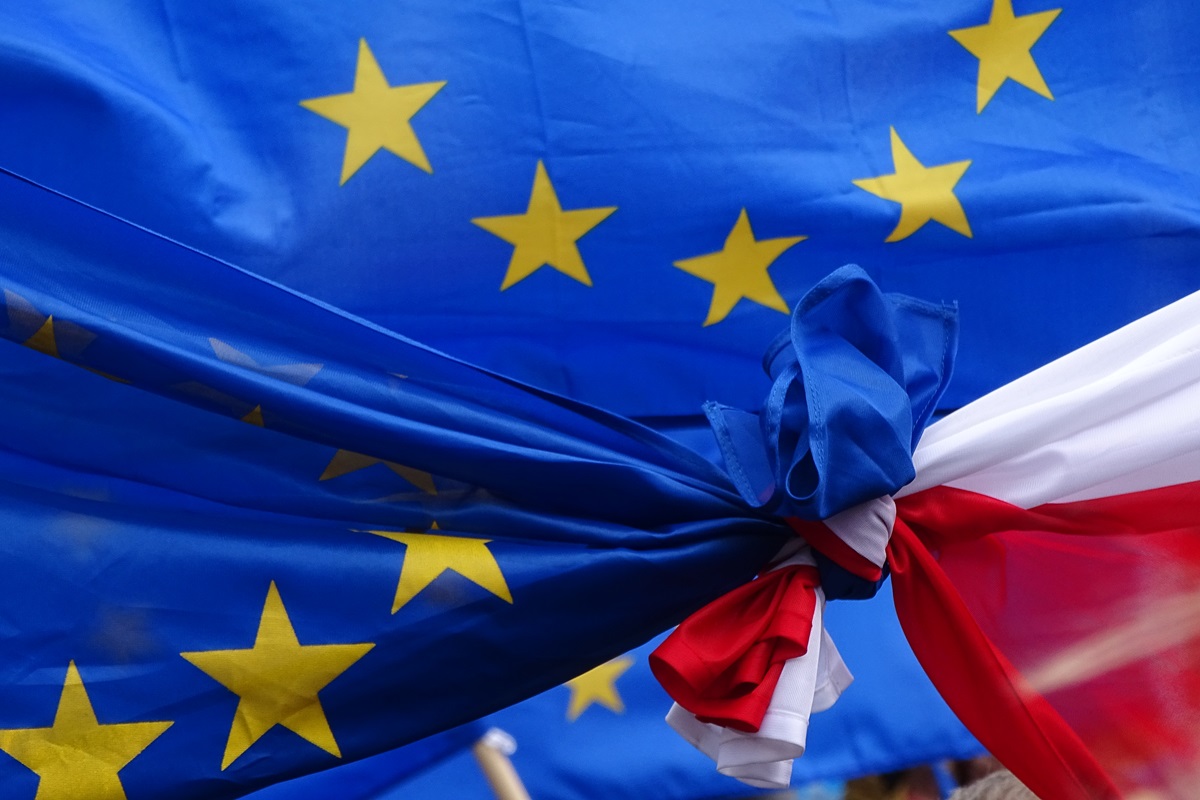
The Net-Zero Gap: Global Green Spending Is Falling Short Of Targets
Authored by Charles Kennedy via OilPrice.com,
-
Global green energy investment hit a record $2.1 trillion in 2024, up 11% from 2023, but growth has slowed.
-
To achieve net-zero by 2050, annual investment needs to reach $5.6 trillion, meaning current levels are only 37% of what’s required.
-
While China leads in green spending, investment in the US has stagnated, and it has fallen in the EU and UK.
Global investments in green energy solutions topped $2 trillion last year, for the first time ever, but the world needs to pour in $5.6 trillion each year into low-carbon energy to get on track for global net zero by 2050, in line with the Paris Agreement, BloombergNEF said in a new report on Thursday.

Last year, green energy investments reached a record high globally, but the pace of growth has slowed from the 2021-2023 period, according to BNEF’s report Energy Transition Investment Trends 2025.
The world invested a total of $2.1 trillion in low-carbon energy in 2024, up by 11% compared to 2023, the report found.
However, the pace of growth has slowed. In the years 2021 to 2023, global investment in clean energy jumped by between 24% and 29% each year, according to BNEF.
Electrified transport continued to be the top segment for low-carbon energy investment, drawing in $757 billion in 2024.
China remained the single biggest market with $818 billion of investment, up by 20% from 2023 and increasing investment in all sectors.
China’s total investment last year was greater than the combined investment of the U.S., the EU, and the UK.
However, investment was stagnant in the U.S., at $338 billion, and fell in both the EU and UK, hitting $381 billion and $65.3 billion, respectively, BNEF said.
The research provider also noted that energy transition investment will have to average $5.6 trillion each year from 2025 to 2030, in order to get on track for global net zero by 2050, in line with the Paris Agreement.
The current investment level of $2.1 trillion implies that the world is only at 37% of what is required to get on track, BNEF said.
“There is still much more that needs to be done, especially in emerging areas like industrial decarbonization, hydrogen and carbon capture, in order to reach global net-zero goals,” commented Albert Cheung, Deputy CEO of BNEF.
Tyler Durden
Sat, 02/01/2025 – 08:10














![Laweta z radiowozem dała „lekcję” kursantowi [VIDEO]](https://swidnica24.pl/wp-content/uploads/2025/02/law-1.jpg)



